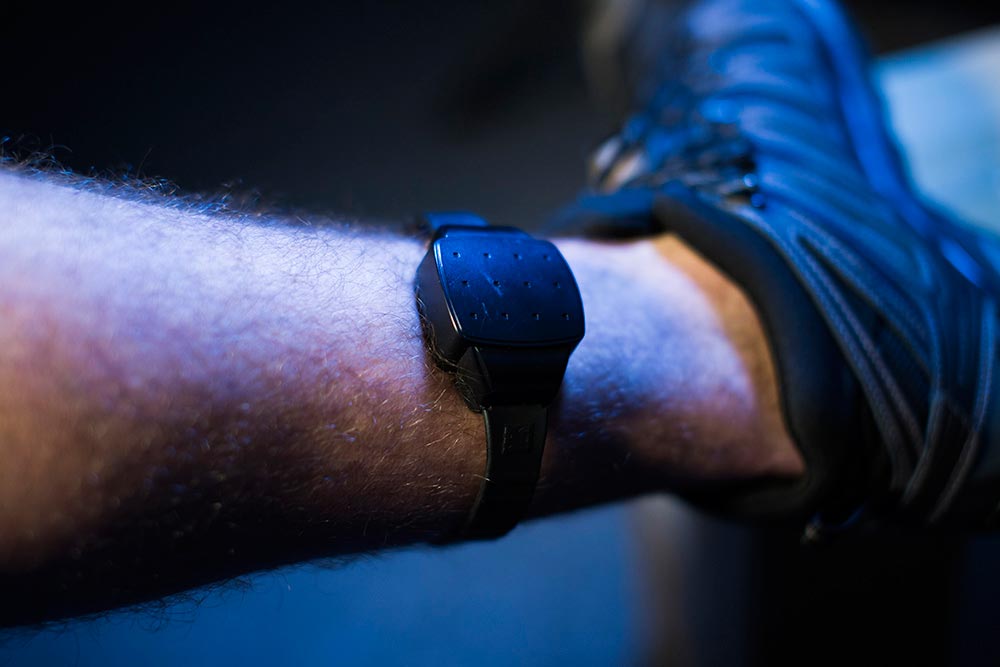
Image: Queensland Department of Justice and Attorney-General
Queensland sex offenders could usually be easily identified by the use of a radio-frequency bracelet around their leg that could track their whereabouts, but now the Queensland government has given that little piece of unfashionable Big Brother gear a major technological upgrade.
Now through the use of Geographic Information Systems (GIS), a variant of Global Positioning Systems (GPS), installed in monitoring bracelets, law enforcement authorities now have a more accurate way to track sex offenders and pin point their exact position on the map.
According to Minister for Corrective Services Bill Byrne, “Funding of $5.1 million over four years and ongoing funding of $1.3 million a year has been provided to enhance the modern technology already used to electronically monitor prisoners classified under the Dangerous Prisoners (Sexual Offenders) Act 2003 [DPSOA].”
The funding will allow Queensland Corrective Services (QCS) to implement a new GIS to improve upon existing surveillance technology that has been successful in monitoring offenders in the state.
“Technology is updating and improving all the time and the funding will allow QCS to continue to keep the closest eye possible on DPSOA offenders,” Mr Byrne said.
“Sexual offenders present with a unique set of risks, needs and challenges often requiring specialised treatment and supervision,” Mr Byrne said.
“This funding will ensure Queensland Corrective Services sexual offending treatment programs remain aligned to international best practice, tailored to the Queensland sexual offender population and are effective at enhancing community safety, he said.
A Queensland Corrective Services spokesperson told GovNews that dangerous sexual offenders in Queensland with an electronic monitoring condition on their court order are subject to electronic monitoring once they are released from a correctional facility.
“Electronic monitoring was initially performed utilising radio frequency technology, before Global Positioning System (GPS) tracking was introduced state-wide in 2012.
“GIS is mapping software that will expand the GPS capability by overlaying additional important information on the maps currently used to monitor sex offenders.
“This system will be faster and more capable. A GIS will capture and analyse high volumes of data in real time, making the monitoring of offenders more efficient.
“The electronic bracelets that offenders must wear at all times are monitored 24 hours a day at the High Risk Offender Management Unit.
“If an offender cuts, tampers or removes the bracelet, or enters a restricted area of the community, an alert is triggered in the central monitoring station. Immediate action is taken to determine the cause.
“If the offender is determined to have breached his conditions, he can be returned to court and if the court determines, sent back to prison.
“There is an automatic 12-month prison sentence for intentionally removing a monitoring bracelet,” the spokesperson said.
The Queensland government has also committed to additional funding of $10.3 million over four years and $2.6 million a year ongoing to continue, expand and specialise the state-wide delivery of sexual offender interventions.
This program forms part of six different evidence-based sexual offending treatment programs in Queensland, tailored for different risk and needs, in prison to reduce the risk of sexual re-offending.





